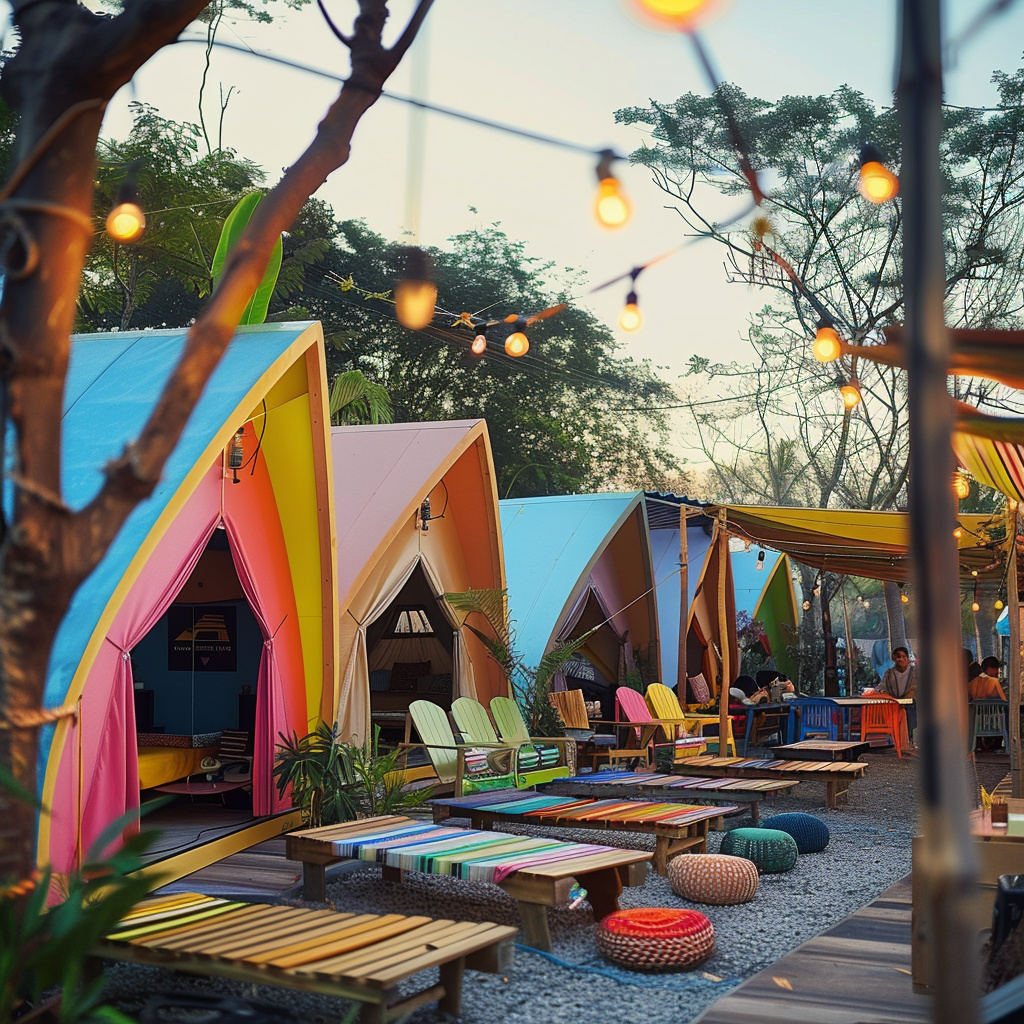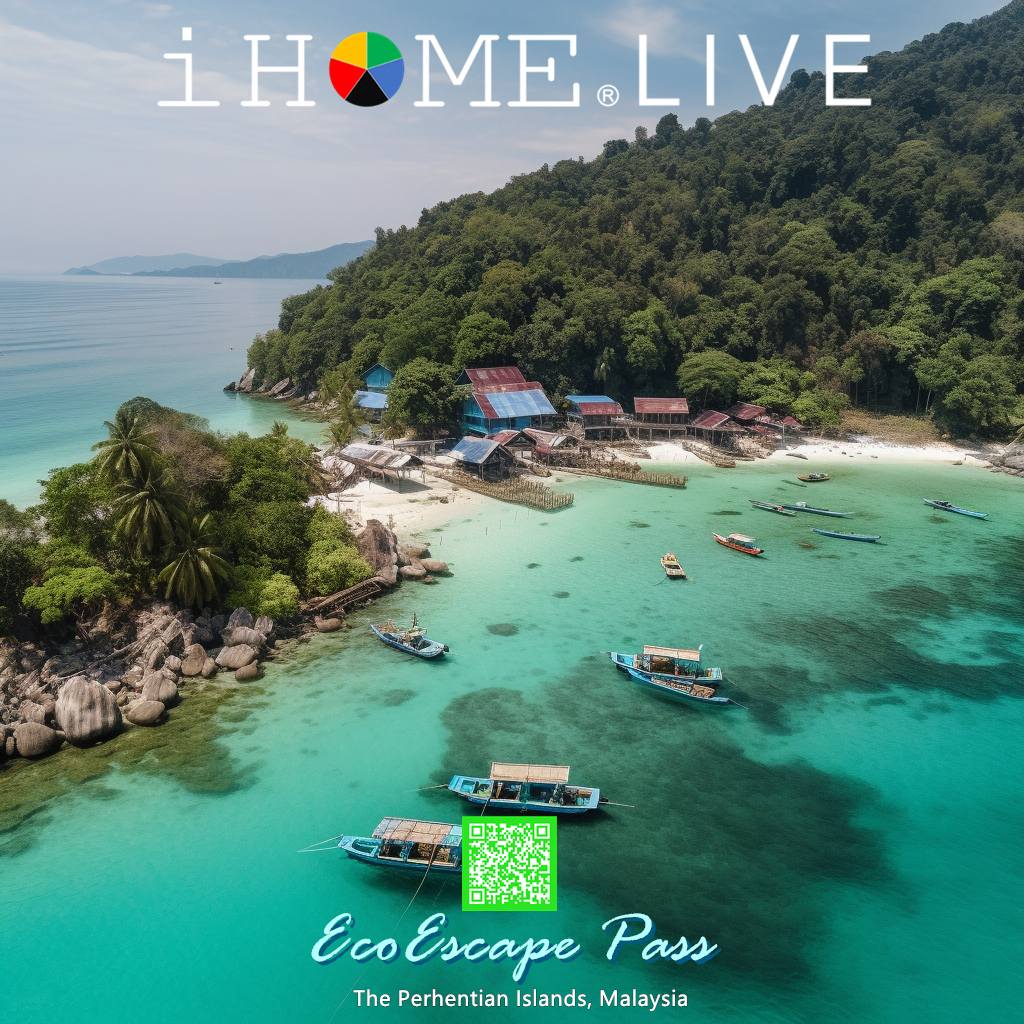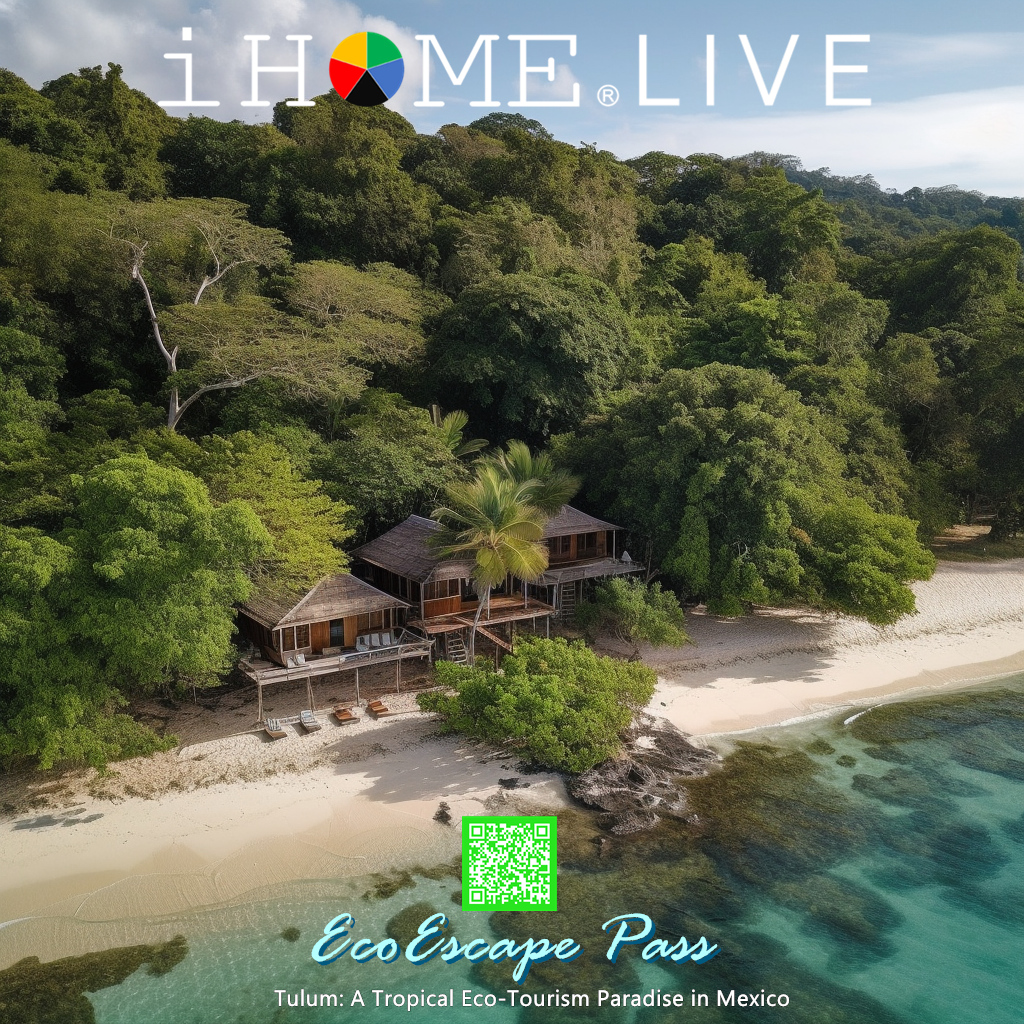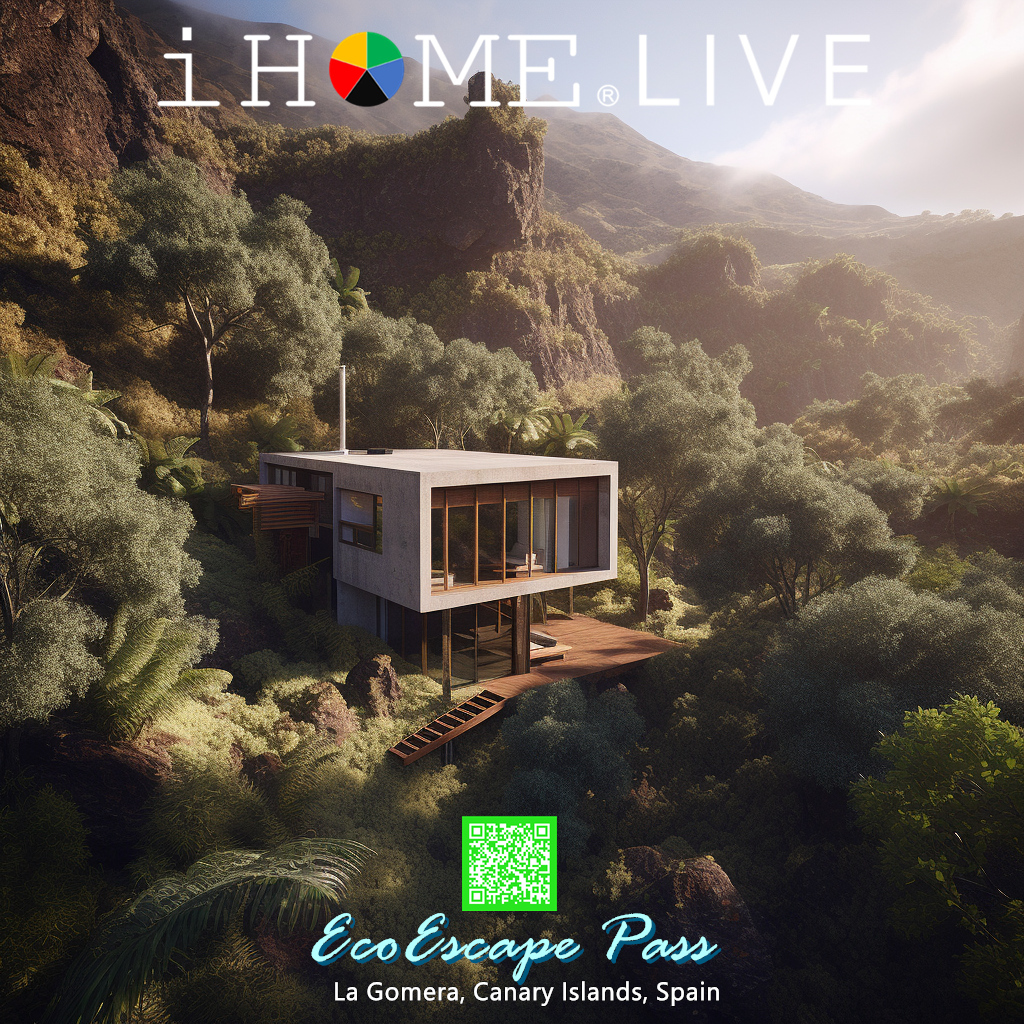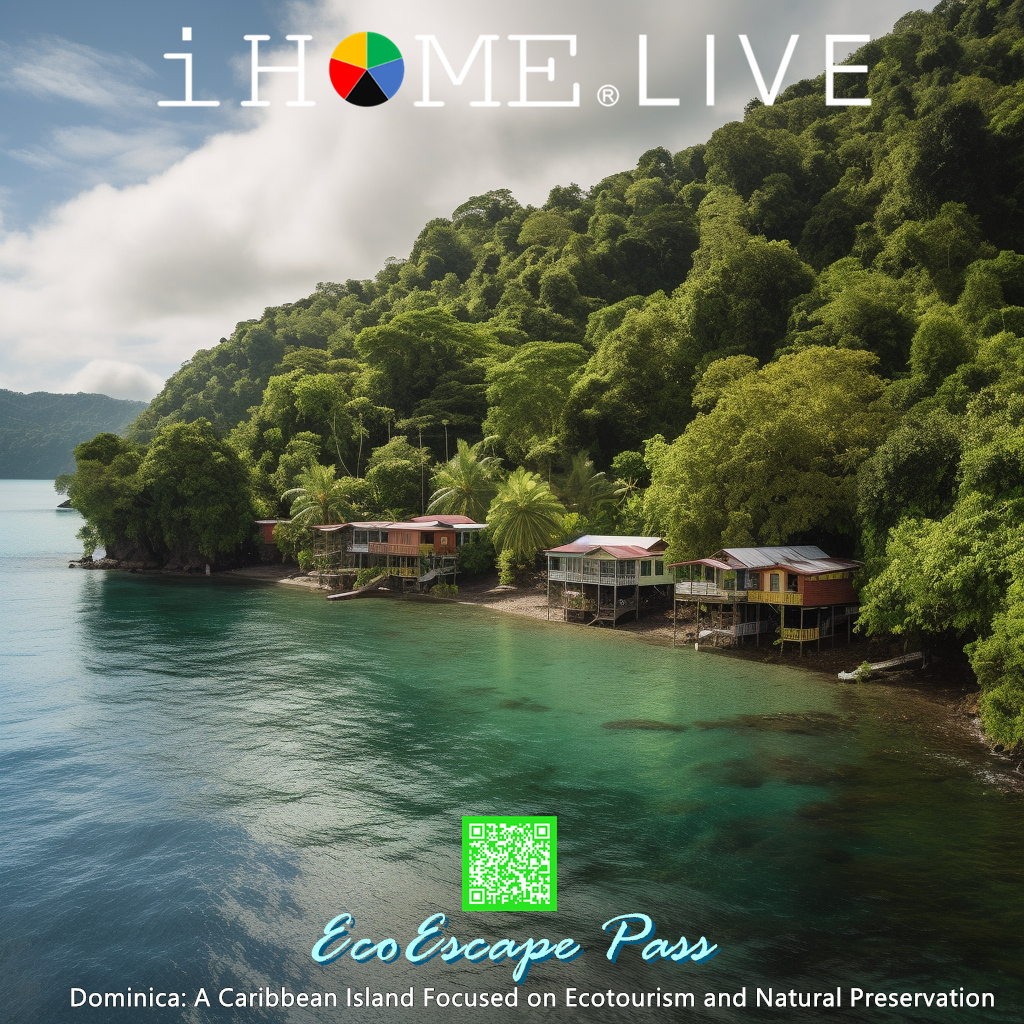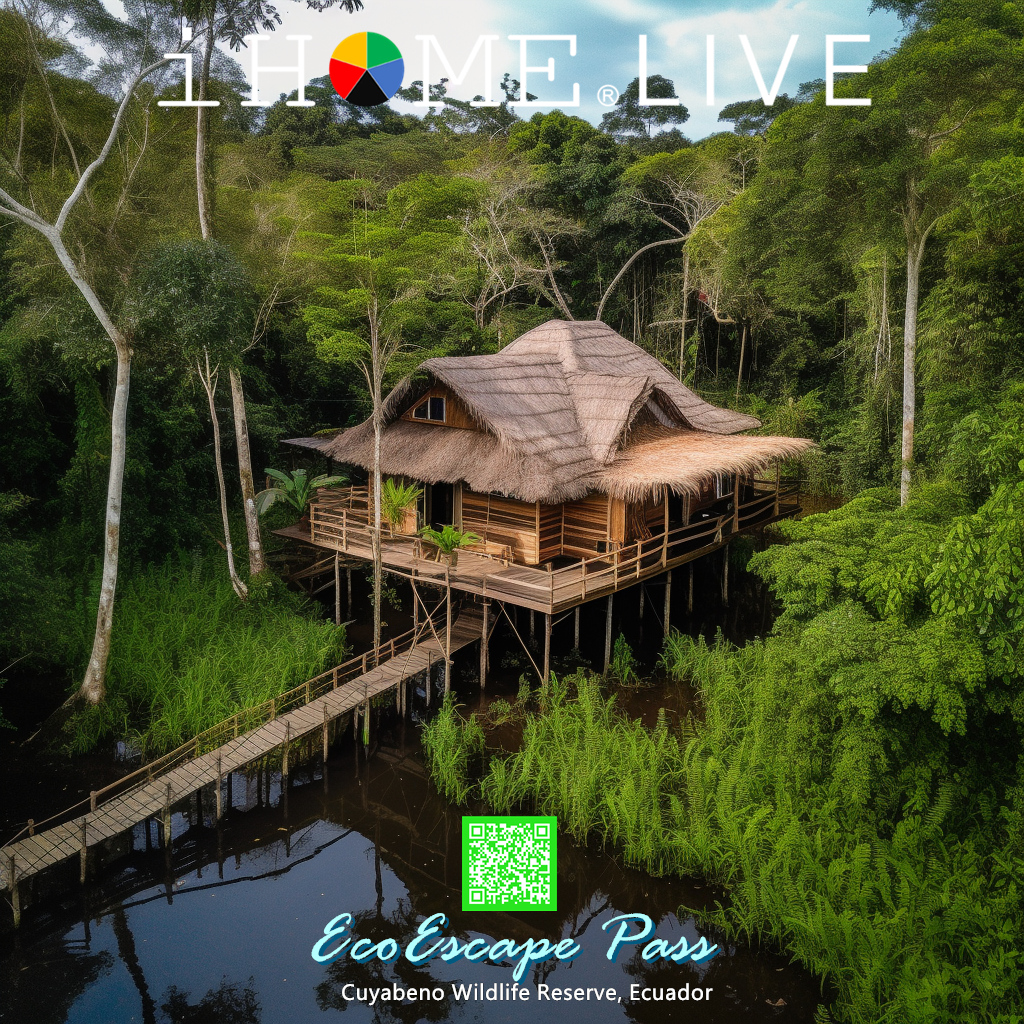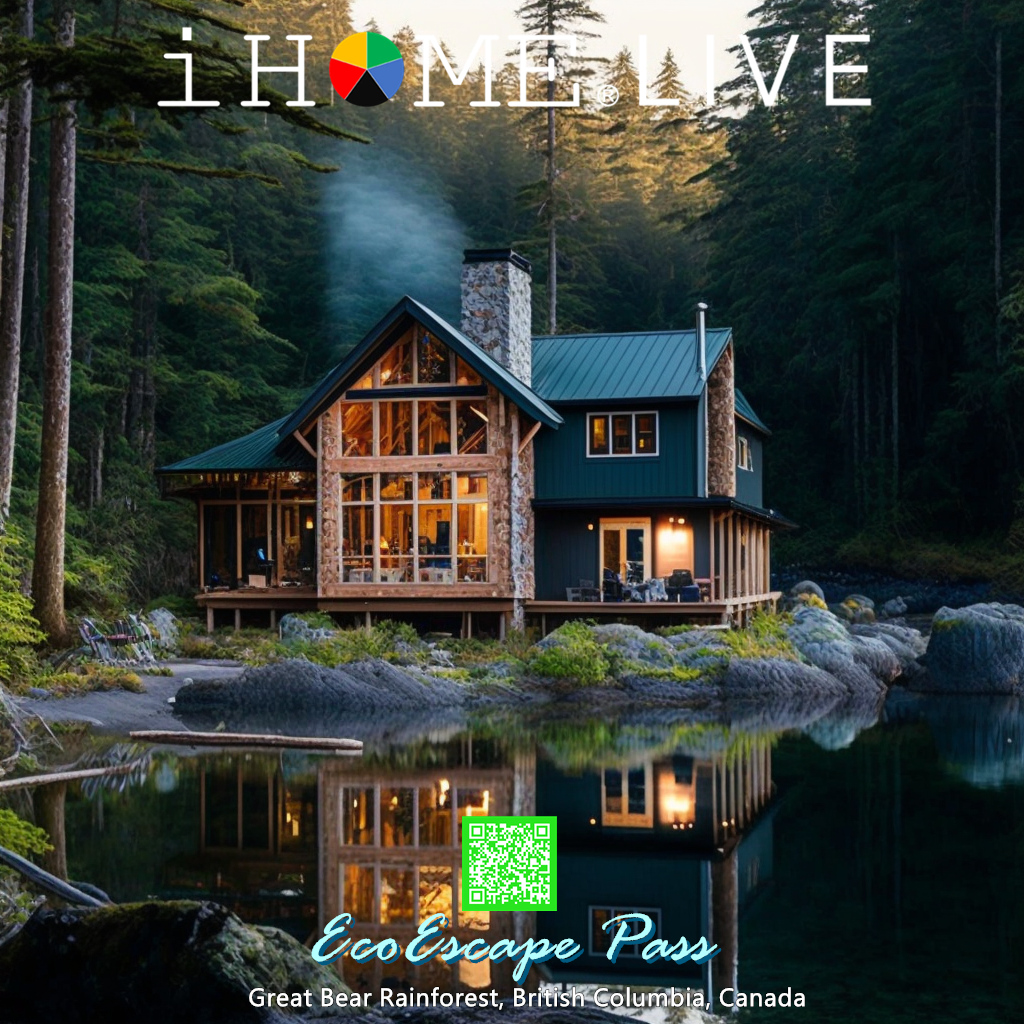Overview
Description:
Mexico, with its diverse landscapes, rich cultural heritage, and vibrant expat communities, is a prime destination for eco-conscious retirees. Locations like Playa del Carmen, Querétaro, and Lake Chapala offer a mix of natural beauty, affordability, and a welcoming atmosphere. Mexico’s proximity to the U.S. further enhances its appeal for retirees seeking a sustainable and comfortable lifestyle.
Eco Attractions:
- Playa del Carmen: Known for its stunning beaches, coral reefs, and eco-parks.
- Querétaro: Offers a blend of colonial charm, UNESCO World Heritage sites, and nature reserves.
- Lake Chapala: Mexico’s largest freshwater lake, renowned for its mild climate and scenic beauty.
Visa and Residency Options
Visa Requirements
Types of Visas:
- Tourist Visa: Allows stays up to 180 days.
- Temporary Resident Visa: Ideal for retirees planning to stay longer than six months.
- Permanent Resident Visa: For those seeking to live indefinitely in Mexico.
Application Process:
- Tourist Visa: Granted on arrival for most nationalities.
- Temporary and Permanent Resident Visas: Apply through Mexican consulates or the National Institute of Migration.
- Documentation and Eligibility: Passport, proof of income, and specific documents depending on the visa type.
Long-term Stay Permits
Extending Your Stay:
- Tourist Visa Extensions: Generally not allowed; must apply for a different visa for longer stays.
- Eco-volunteer Programs: Extended stay options through participation in conservation efforts.
Application Details:
- Temporary Resident Visa: Requires proof of sufficient financial means.
- Permanent Resident Visa: Requires higher financial proof or family connections in Mexico.
Long-term Options:
- Retirement Visa (Temporary Resident Visa): For retirees with stable income or pension.
- Permanent Resident Visa: For those with significant financial means or family ties.
Residency Options
Paths to Residency:
- Temporary Residency: Renewable every year up to four years.
- Permanent Residency: Available after four years of temporary residency or directly for those meeting criteria.
Residency Requirements:
- Temporary Residency: Proof of income.
- Permanent Residency: Same requirements with additional residency duration proof.
Transitioning to Permanent Residency:
- Application Process: Submit through the National Institute of Migration.
- Eligibility Criteria: Continuous temporary residency status and compliance with local laws.
Living Conditions
Cost of Living:
- Accommodation: $400-$1,200/month for rentals.
- Food: $200-$400/month.
- Transportation: $20-$50/month.
- Currency: Mexican Peso (MXN). $1 USD ≈ 20 MXN.
Infrastructure:
- Sustainable Housing: Available in both urban and rural areas.
- Internet Reliability: Good in major cities, variable in rural areas.
- Healthcare Facilities: High-quality, affordable, with eco-friendly options emerging.
Additional Details:
- Banking: Straightforward process for opening accounts.
- Tax Obligations: Residents are subject to Mexican taxes.
- Business Registration: Encouraged, with incentives for sustainable enterprises.
Community and Networking
Community Overview:
- Eco-conscious Community: Active in both urban and rural areas.
- Expat Community: Significant presence, especially in Playa del Carmen, Querétaro, and Lake Chapala.
Networking Opportunities:
- Community Events: Regular eco-fairs, sustainability workshops, and conservation meet-ups.
- Social Platforms: Facebook groups, local forums, and eco-travel websites.
Eco-Friendly Activities and Attractions
Nature Reserves and Parks:
- Sian Ka’an Biosphere Reserve: Near Playa del Carmen, offers diverse ecosystems and wildlife.
- Sierra Gorda Biosphere Reserve: In Querétaro, known for its rich biodiversity and conservation projects.
- Lake Chapala: Offers bird watching, boating, and scenic walks.
Guided Tours:
- Eco-friendly Transport: Options include electric vehicles, biking, and community-based tourism.
Wildlife Watching:
- Monarch Butterfly Biosphere Reserve: Witness millions of monarch butterflies in Michoacán.
- Whale Watching: Available in Baja California and along the Pacific coast.
Outdoor Activities:
- Hiking, Bird Watching, Kayaking, Biking: Widely available with eco-friendly operators.
Eco-Lodging:
- Recommended Accommodations: Include sustainable hotels and eco-lodges in key areas.
Organic and Farm-to-Table Dining:
- Dining Options: Many restaurants emphasize organic and local produce.
Environmental Initiatives
Conservation Programs:
- Marine Conservation: Efforts along the Yucatán Peninsula and Baja California.
- National Park Protection: Programs to maintain and restore natural habitats.
Volunteer Opportunities:
- Wildlife Conservation: Numerous opportunities in biosphere reserves and coastal areas.
- Environmental Clean-up: Community-driven projects in urban and coastal areas.
Sustainable Living Workshops:
- Workshops and Courses: Offered on permaculture, sustainable farming, and eco-building.
Community Gardens and Urban Farming:
- Urban Projects: Growing trend in cities like Querétaro and Guadalajara.
Cultural Insights
Local Customs:
- Warm and Friendly: Mexicans are known for their hospitality.
- Fiestas and Traditions: Vibrant cultural events throughout the year.
Language Tips:
- Spanish: Primary language, basic phrases useful.
- Indigenous Languages: Spoken in some regions, such as Nahuatl and Maya.
Safety and Laws:
- Generally Safe: But usual precautions are advised.
- Environmental Laws: Regulations to protect natural areas are in place.
Do’s and Don’ts:
- Do: Respect local customs and nature.
- Don’t: Engage in activities that harm the environment.
Summary
Pros:
- Diverse landscapes and rich cultural heritage.
- Affordable cost of living.
- High-quality healthcare and infrastructure.
- Vibrant eco-conscious and expat communities.
Cons:
- Variable internet reliability in rural regions.
- Bureaucratic processes for visas and residency.
Key Reasons:
- Ideal for nature lovers and conservation enthusiasts.
- Numerous eco-friendly living options.
- Engaged community and ample volunteer opportunities.
Useful Contacts and Resources
Embassies and Consulates:
Local Government and Services:
Essential Services:
Emergency phone numbers:
- General Emergency: 911
- Police: 066
- Fire Department: 068
- Medical Emergency: 065
![Romania - Tiny house - [ Minimalist Retreats ] - Design Collectibles & Angel Membership (V1)](https://ihome.org/wp-content/uploads/2024/06/Slide19-300x300.jpg)



![Australia - Tiny house - [ Minimalist Retreats ] - Design Collectibles & Angel Membership (V1) (Copy)](https://ihome.org/wp-content/uploads/2024/06/Slide21-300x300.jpg)
